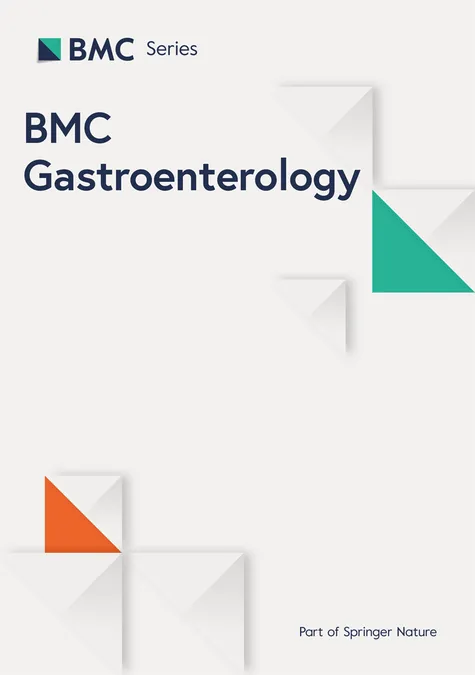
Shock Warning: Pregnancy Complications Could Signal Higher Stroke Risk Before 50!
2025-08-18
Author: Wei Ling
New Research Reveals Alarming Link
Recent findings published in Neurology reveal a startling connection between pregnancy complications and an increased stroke risk in women under 50. The study, conducted by experts at Radboud University, highlights several pregnancy-related issues that may serve as early indicators of potential strokes.
Pregnancy Complications Under the Microscope
Among the complications examined—such as preterm birth, gestational diabetes, and preeclampsia—researchers found a significantly heightened risk of stroke. Although the study establishes a correlation, it stops short of claiming causation.
Study author Dr. Frank-Erik De Leeuw warns, “While stroke risk remains low overall, complications during pregnancy may act as red flags long before a woman hits 50. Recognizing this history could enable healthcare providers to offer timely preventive care.”
The Statistics Speak Volumes
Investigators compared women who had experienced strokes to those who had not, focusing on their pregnancy histories. Notably, 51% of those who suffered strokes reported at least one pregnancy complication, compared to just 31% in the healthier group. Adjusting for maternal age revealed a striking twofold increase in complications for stroke patients.
Stillbirths and Preeclampsia: The Major Offenders
The findings indicated that stillbirths were particularly concerning, with nearly a fivefold increase in stroke risk. Preeclampsia also emerged as a significant risk factor, increasing stroke odds by approximately four times, while preterm births heightened the risk by nearly threefold. These conditions were specifically linked to strokes caused by large artery disease, often related to plaque buildup.
A Call for Early Screening
Despite the compelling associations, the study has limitations, including reliance on self-reported complications rather than verified medical records. Dr. De Leeuw emphasizes the need for earlier cardiovascular evaluation for women with pregnancy complications, pointing out that current guidelines focus on screening only after menopause.
Understanding the Underlying Mechanisms
While the study does not draw definitive conclusions about the mechanics behind the link, researchers speculate that complications might signify weak blood vessels or could even arise from the process of placental development, which may contribute to atherosclerosis.
The Way Forward
As approximately 1 in 5 individuals in high-income nations experience strokes, establishing protocols for early assessment is crucial. Experts advise simple annual blood pressure checks as an effective measure for ongoing monitoring. The message is loud and clear: women should be aware of their pregnancy histories when assessing their future stroke risk.




 Brasil (PT)
Brasil (PT)
 Canada (EN)
Canada (EN)
 Chile (ES)
Chile (ES)
 Česko (CS)
Česko (CS)
 대한민국 (KO)
대한민국 (KO)
 España (ES)
España (ES)
 France (FR)
France (FR)
 Hong Kong (EN)
Hong Kong (EN)
 Italia (IT)
Italia (IT)
 日本 (JA)
日本 (JA)
 Magyarország (HU)
Magyarország (HU)
 Norge (NO)
Norge (NO)
 Polska (PL)
Polska (PL)
 Schweiz (DE)
Schweiz (DE)
 Singapore (EN)
Singapore (EN)
 Sverige (SV)
Sverige (SV)
 Suomi (FI)
Suomi (FI)
 Türkiye (TR)
Türkiye (TR)
 الإمارات العربية المتحدة (AR)
الإمارات العربية المتحدة (AR)